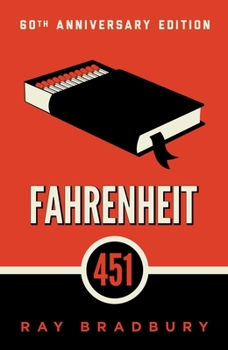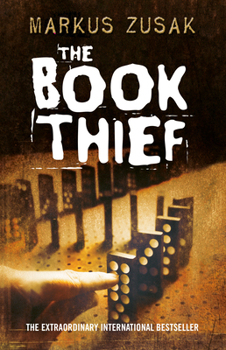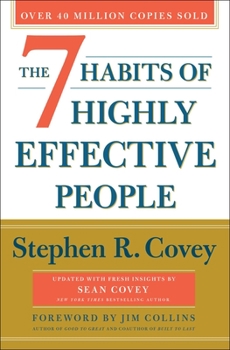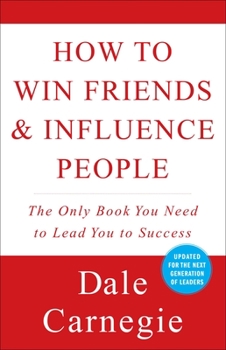The Hidalgo Trust
Select Format
Select Condition 
Based on Your Recent Browsing
Book Overview
TOM LARSEN'S DAY GOT interesting when he left the seminar on blowout prevention at Southwest Research Institute in San Antonio and headed for home on the Gulf Coast. A beat-up Crown Vic started tailing him so inexpertly that the only experience the driver must have had was watching bad spy movies. Not without his own resources, he managed to subdue the two bad boys but let the driver-an apparently uninvolved young lady-get away. After a few threats...
Format:Paperback
Language:English
ISBN:1502307987
ISBN13:9781502307989
Release Date:September 2014
Publisher:Createspace
Length:316 Pages
Weight:0.93 lbs.
Dimensions:0.7" x 6.0" x 9.0"
Customer Reviews
5 customer ratings | 5 reviews
There are currently no reviews. Be the first to review this work.






























